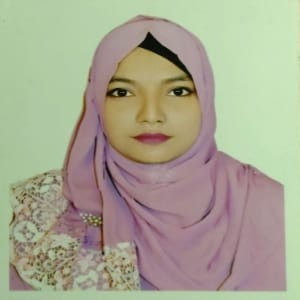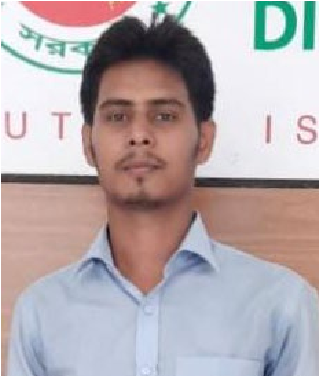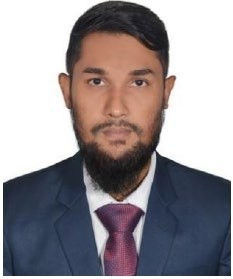
In a Health Systems Matter blog post, BHP director Alex Berland proposes a strategy to enhance the contributions of nurses: “Increasing and improving production of nurses is widely discussed in Bangladesh. There are obvious benefits from meeting national health care needs as well as from the remittances by nurses who emigrate. There are also risks and hazards for funders, for population health and for nurses themselves. The purpose of this paper is to suggest a way forward that may mitigate the risks and also achieve the benefits of strengthening the nursing profession in Bangladesh.”
Alex’s post outlines the case for action, a systems-level approach and recommendations for immediate action. He recommends (1) a National Nursing Task Group to create the nursing development strategy based on an update to previous reports on health human resources (2) a process to engage with development partners concerning their input and support and (3) a process to engage nursing stakeholders and civil society representatives.
Photo credit: Health Systems Matter





